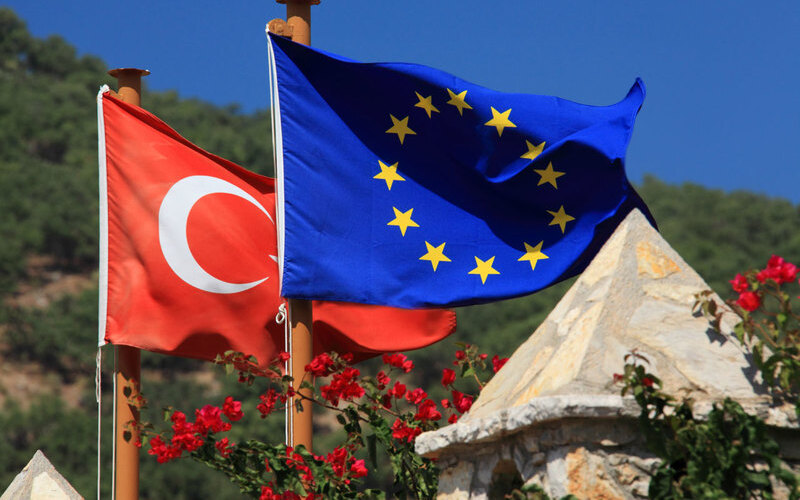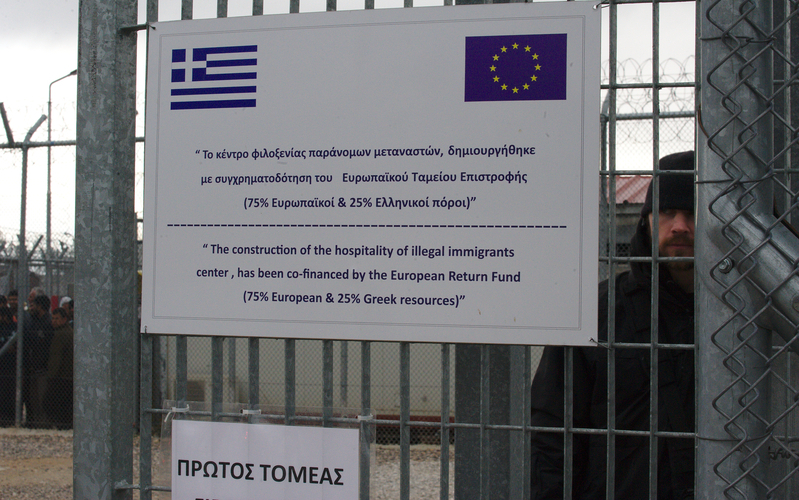
The EU-Turkey Statement: Background, recent developments and its impact on EU-Turkey relations
In 2015, the EU negotiated a controversial deal with one of its neighbours and “partner”, Turkey, to curb migration from the Middle East to Europe. Regrettably, the deal has ever since caused more concerns than relief due to the unreliable nature of the EU’s partner country. As a result, it remains questionable whether the deal will hold at all and what the repercussion on the EU’s reputation as a global actor will be in the long term.


